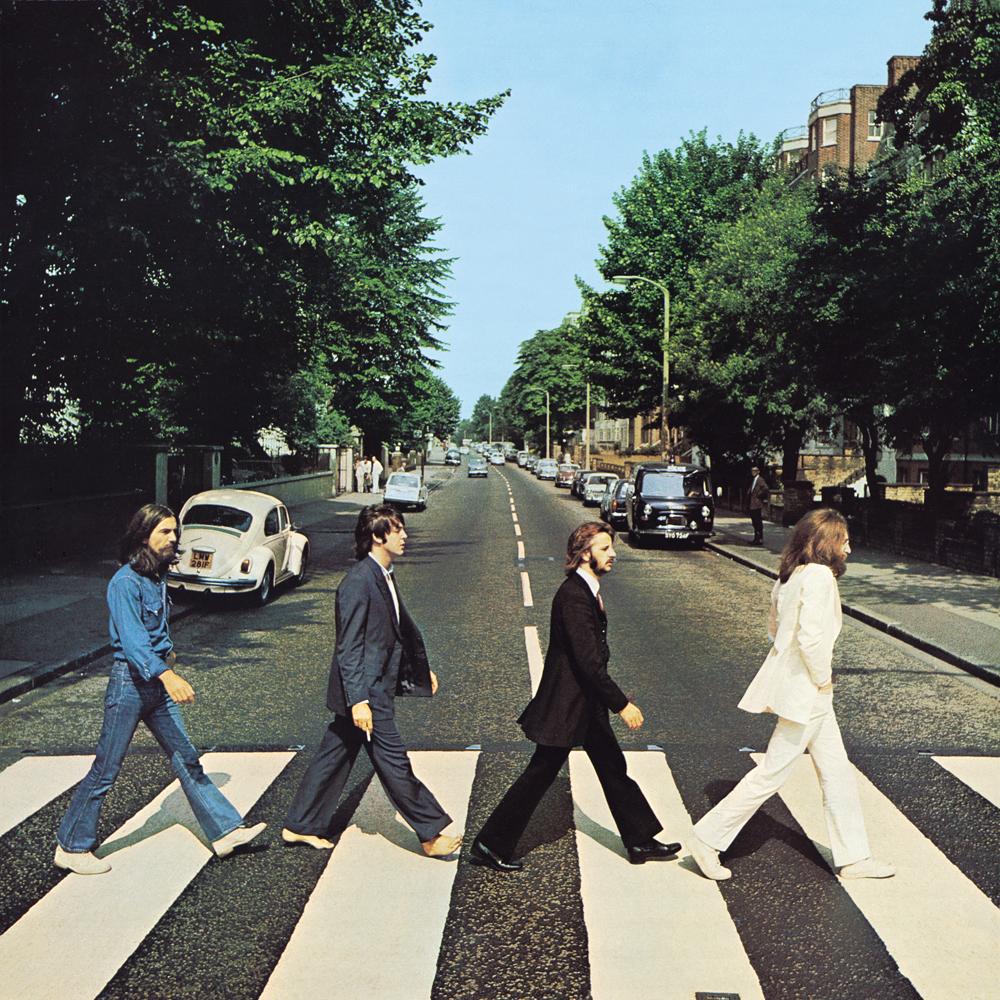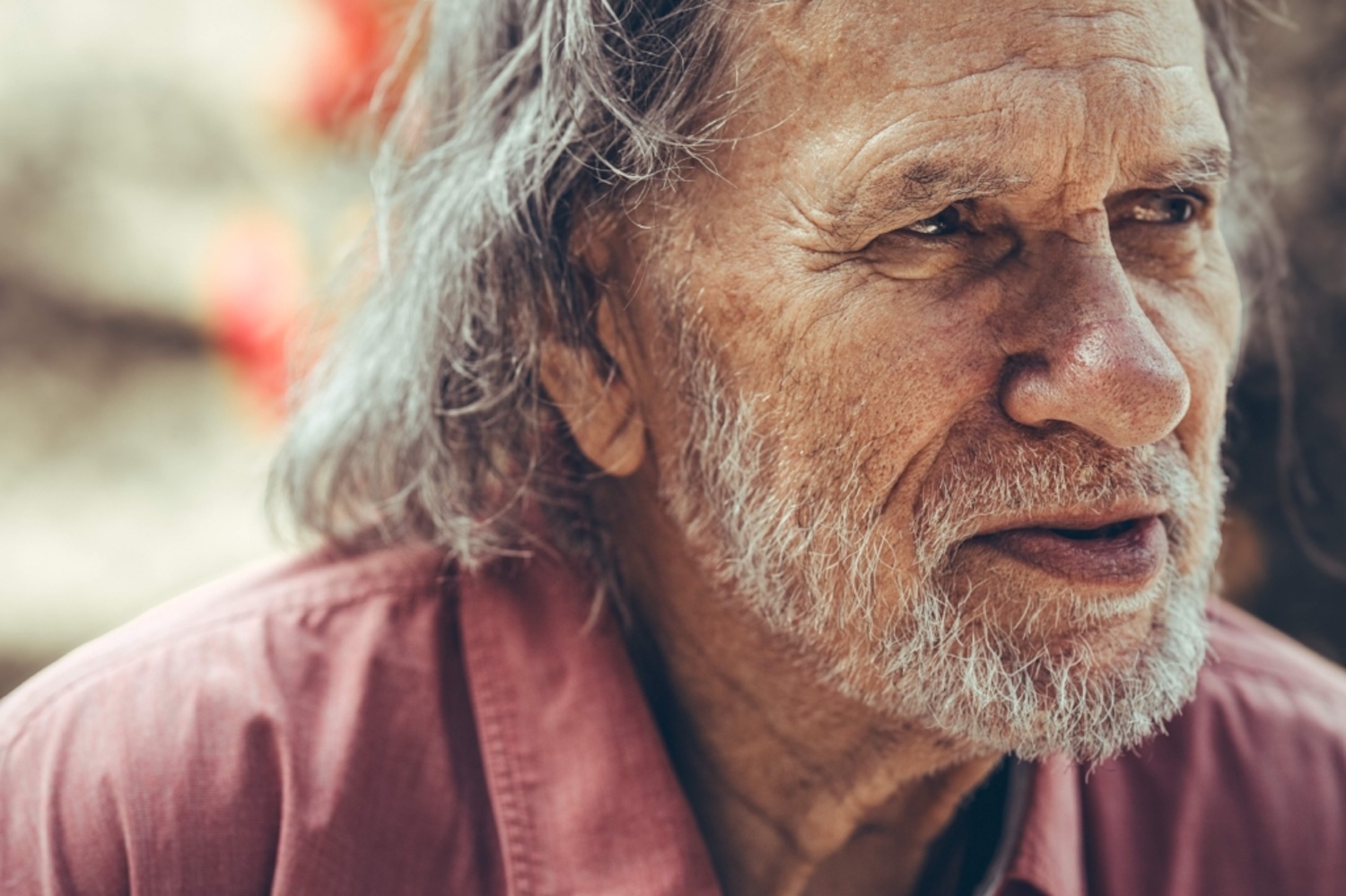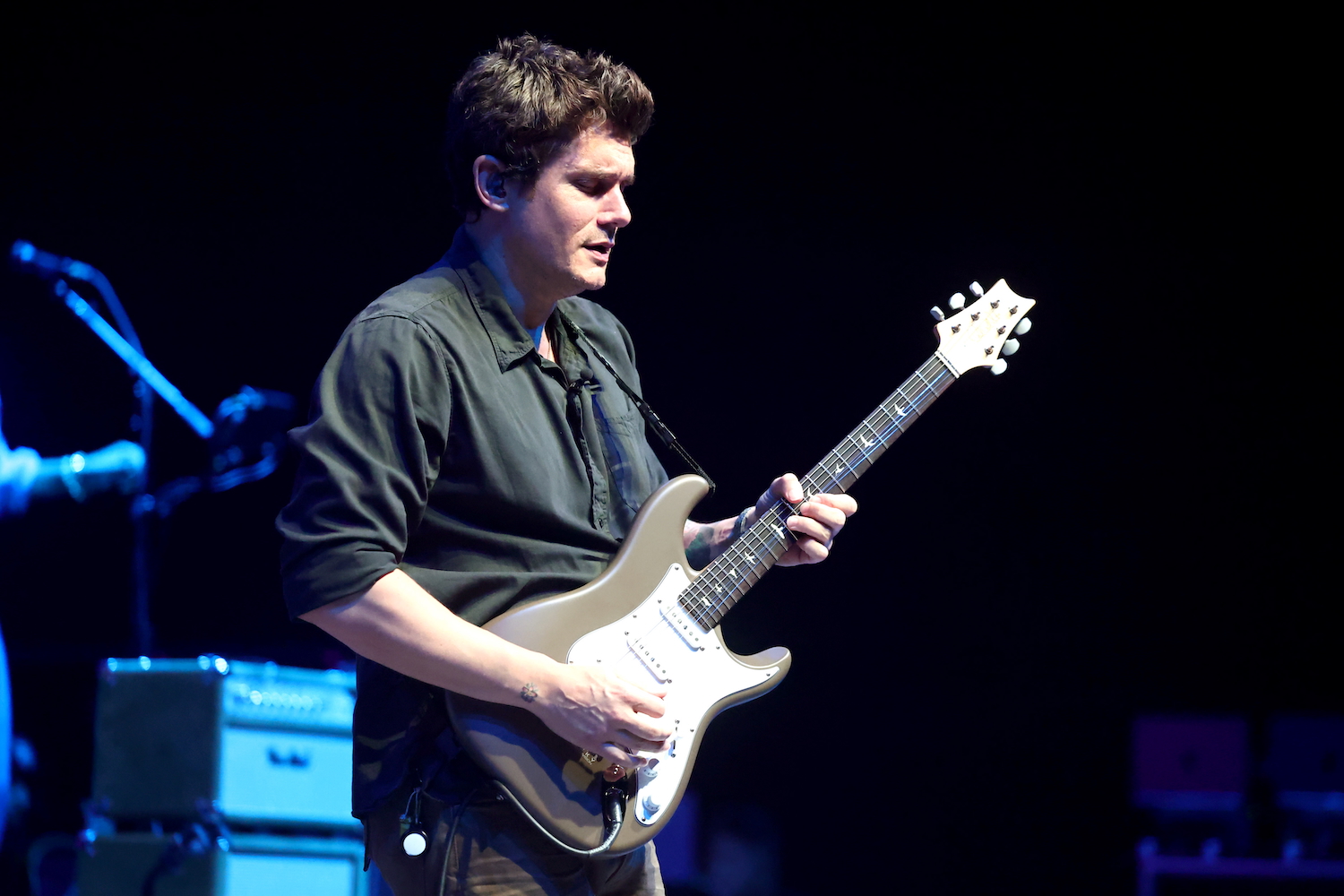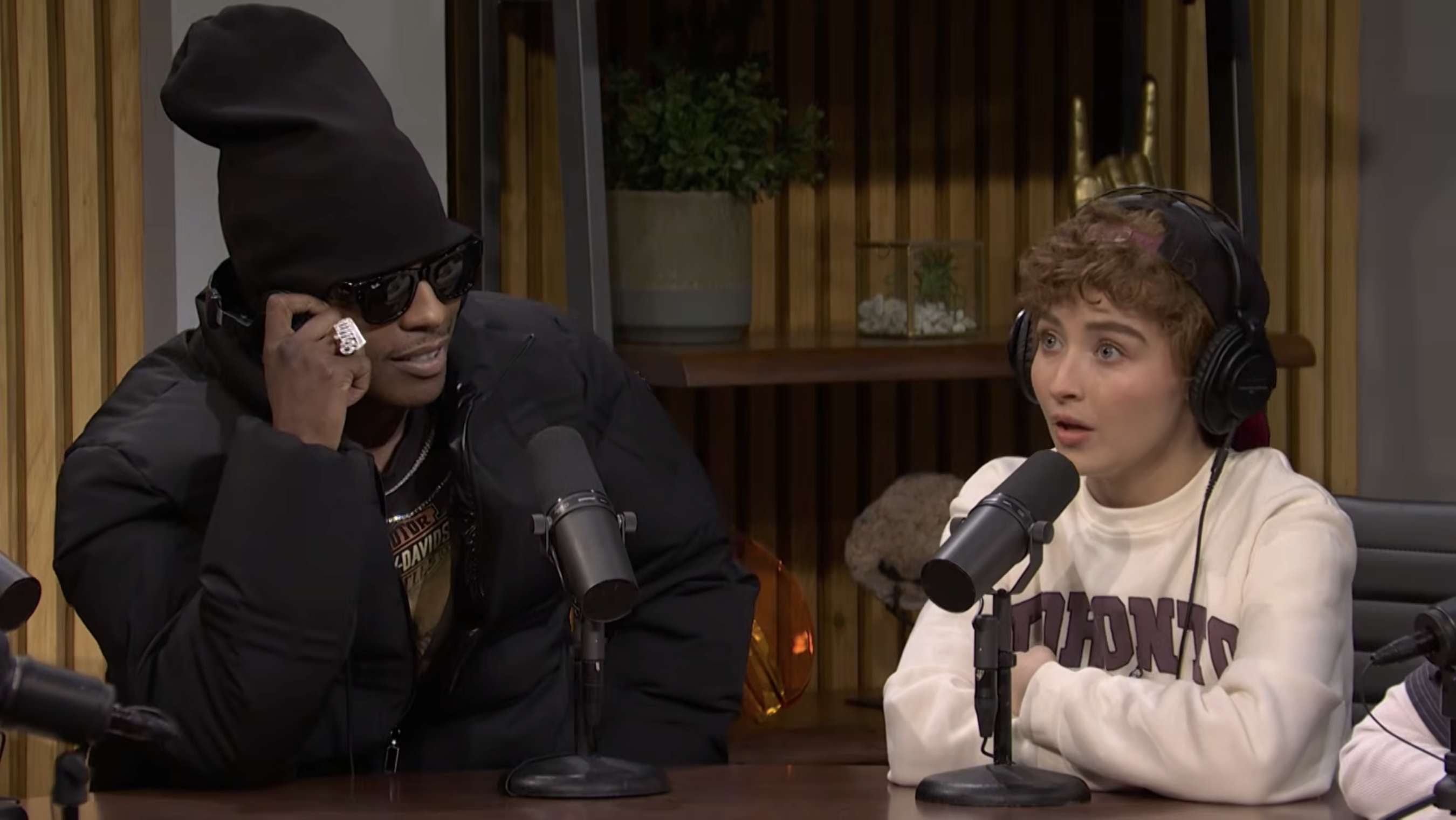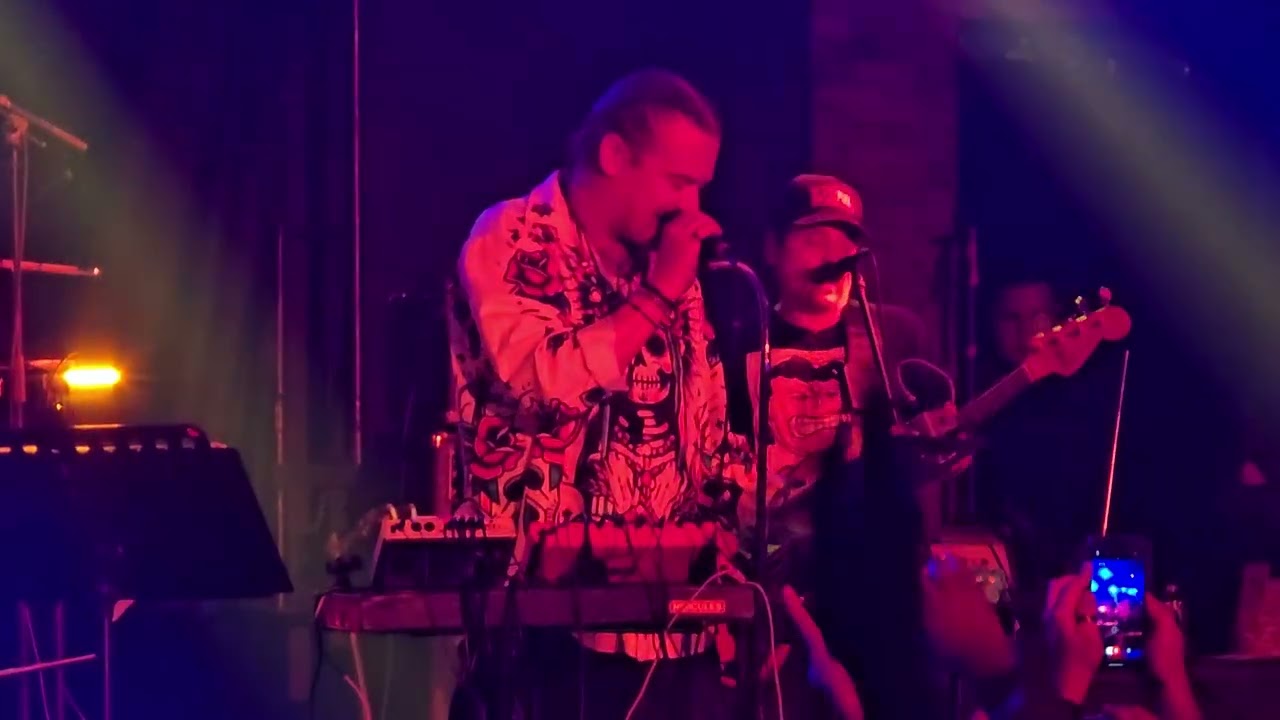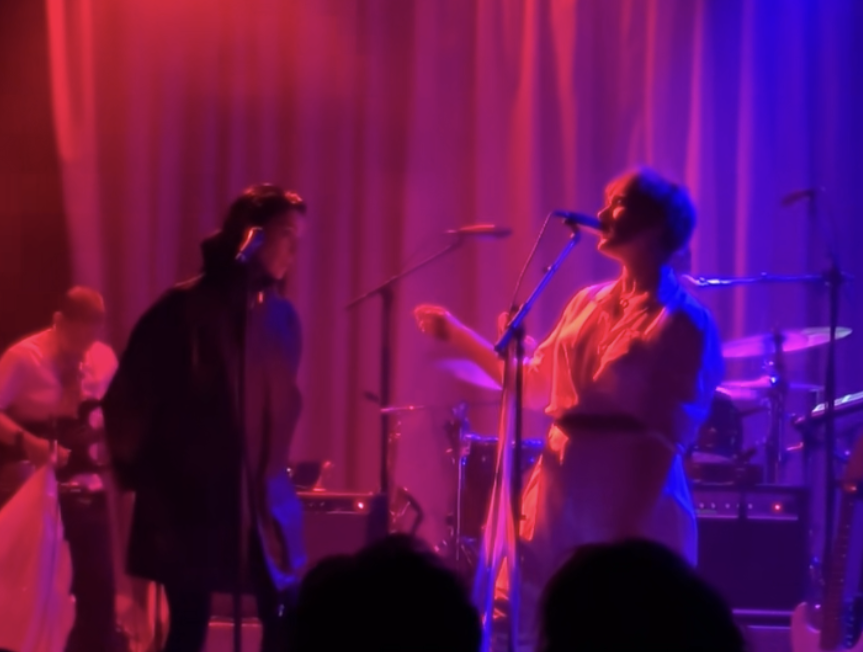Conventional wisdom suggests the Beatles made 1969's Abbey Road as a sort of goodbye present to their fans, that they set aside their considerable differences and buckled down to make one last masterpiece. Supposedly they knew they'd be breaking up soon and wanted to go out on a high note. Beatles historian Mark Lewisohn suggests otherwise.
Lewisohn has a reputation for knowing the Beatles' history in such painstaking detail that he can tell you what each member was doing on a given day in the 1960s. He has funneled much of that information into Hornsey Road, a new stage show coming to London this month. In the show, Lewisohn reportedly uses tape, film, photographs, new audio mixes, and his own vault of memorabilia and anecdotes to tell the story of Abbey Road. But as a new Guardian feature about Hornsey Road reveals, Abbey Road was not always destined to become the Beatles' final album.
Among Lewisohn's possessions is a tape recording John Lennon, Paul McCartney, and George Harrison made during a meeting on Sept. 8, 1969, two weeks before Abbey Road's release. Ringo Starr was in the hospital being tested after experiencing some intestinal issues. "Ringo -- you can’t be here, but this is so you can hear what we’re discussing," Lennon reportedly says into the recorder. They go on to discuss plans for another album and a single to be released around Christmas, as had long been their strategy.
"The books have always told us that they knew Abbey Road was their last album and they wanted to go out on an artistic high," Lewisohn tells the Guardian. "But no -- they're discussing the next album. And you think that John is the one who wanted to break them up but, when you hear this, he isn't. Doesn’t that rewrite pretty much everything we thought we knew?"
On the tape, Lennon suggests each of the members bring in song candidates for the new single. He also says he thinks the next album's song contributions should be more evenly split, with four songs apiece for Lennon, McCartney, and Harrison plus two for Ringo "if he wants them." McCartney apparently bristles at this suggestion, telling the group, "I thought until this album that George’s songs weren’t that good," to which Harrison replies, "That’s a matter of taste. All down the line, people have liked my songs."
Lennon also refers to "the Lennon-and-McCartney myth," cementing the longstanding perception that each of the two lead Beatles was bringing his own songs to the table despite the tunes being credited to the both of them. And he suggests McCartney should start offering sillier numbers like "Maxwell's Silver Hammer" to artists like the Welsh folk singer Mary Hopkin, questioning whether McCartney himself even liked the song. Macca responds, "I recorded it because I liked it."
If you find all this as titillating as I do, be advised that Lewisohn is working on an epic Beatles biography called The Beatles: All These Years. The first volume, Tune In, tracks the years before their first hit and has already seen release. Two more installments, Turn On (spanning 1963-66) and Drop Out (1967-69) are still supposedly on the way. And if you're in the UK, Lewisohn is taking his Hornsey Road show across the country this fall; dates are here.
As for those of us outside the UK, we'll just have to spend the rest of today in the comments section speculating about which of the early solo Beatles songs would have been combined into their Abbey Road follow-up, and what the tracklist for such an album might have been.
